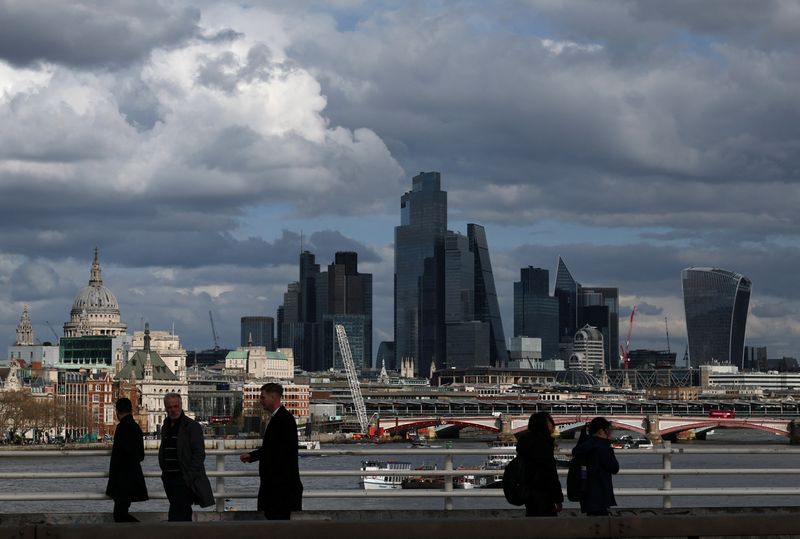
By Echo Wang, Charlie Conchie and Milana Vinn
(Reuters) – From Wall Street to Israel and Sweden, U.S. President Donald Trump’s new tariffs — and the global equities sell-off they sparked — have rapidly scuttled acquisitions and IPOs.
The additional U.S. tariffs, which range from 10% to 50%, announced on Wednesday sparked fears of a recession and spiraling trade war, reinforced by China’s announcement on Friday of its own new tariffs on U.S. goods and export controls.
Among the deals, Swedish fintech Klarna pulled its IPO, and San Francisco fintech Chime is also delaying its initial offering, according to people familiar with the deals.
A London private equity firm pulled out of buying a European mid-cap tech company at the last minute on Thursday after the tariff news, a person close to the deal said.
StubHub was set as recently as Thursday to start its investor roadshow next week for its already delayed IPO. But by the end of the day, executives decided to push those plans back for at least another week,
Israeli-based financial services company eToro also delayed investor presentations for its IPO on Wall Street from Monday until after April 20 due to market conditions and volatility, according to someone familiar with the deal.
“It will be very tricky to get any deal to the finish line as cost of debt is expected to go up and it will be harder to ascertain valuations of companies,” a senior banker said.
If the trend continues, it could stifle companies’ ability to raise funds and to invest, further slowing economic growth.
Even before Trump’s latest tariff announcement, new U.S. tariffs and worries about trade contributed to a 13% decline in U.S. mergers and acquisitions in the first quarter, Dealogic data compiled for Reuters showed.
“It’s not the tariffs, per se, that are the problem,” said Antony Walsh, corporate M&A partner at law firm Eversheds Sutherland. “It’s the level of uncertainty that’s coming with them that’s having the most impact on C-suite confidence.”
The trade war has sent global markets spiraling, with the S&P 500 and other U.S. indices marking their worst losses since 2020 on Thursday and falling further on Friday after China’s announcement. Investment bank JP Morgan raised the odds of a recession by year’s end to 60%, up from 40%.
The London private equity investor who canceled the European tech company purchase said Thursday’s market turmoil deterred the firm from proceeding.
“We just couldn’t pull the trigger… We just don’t know how Europe is going to react, what this all means for the macro environment, trade wars, etcetera,” he said, asking not to be identified because the deal isn’t public.
